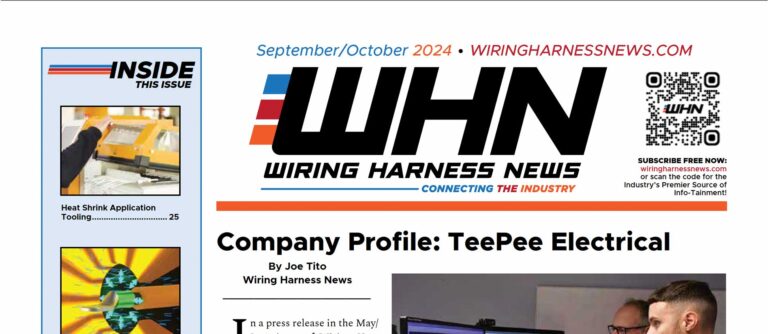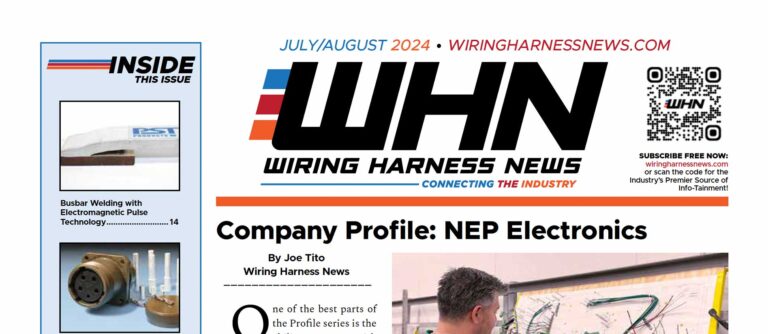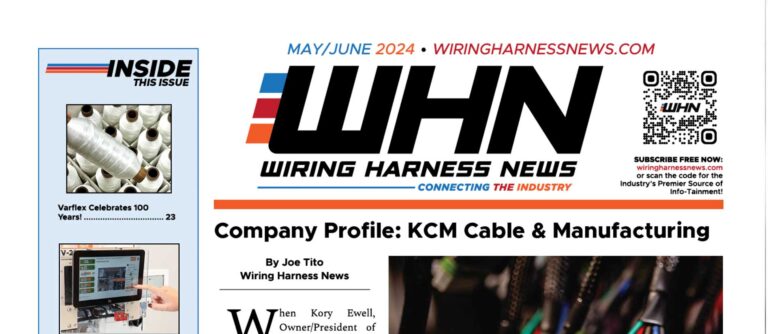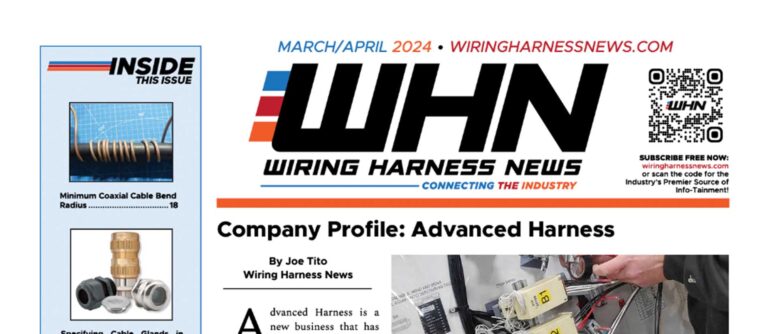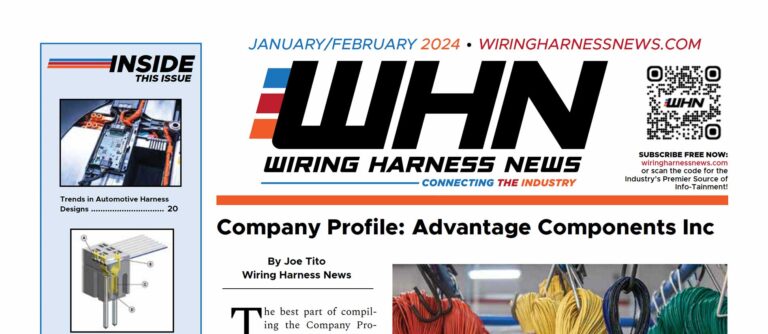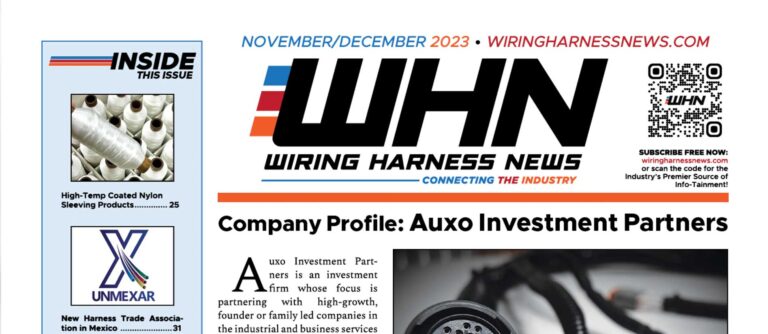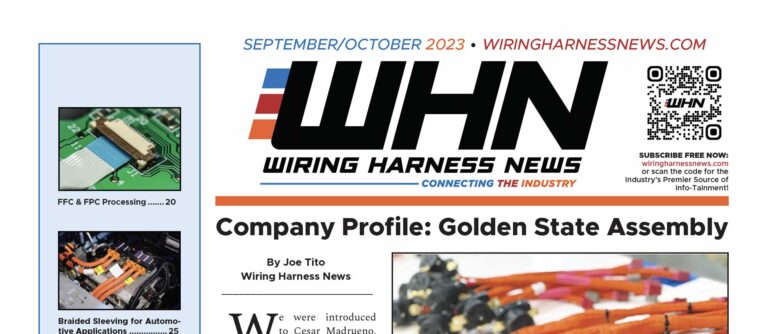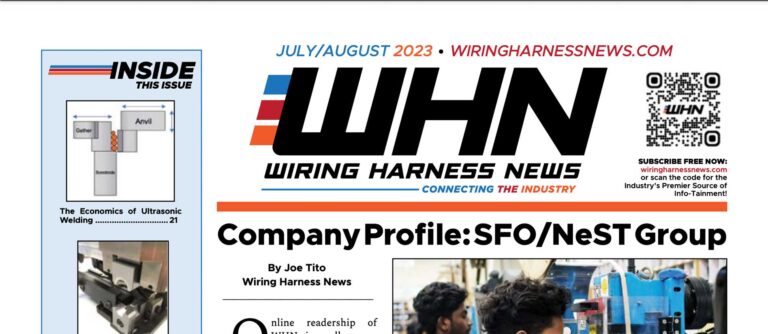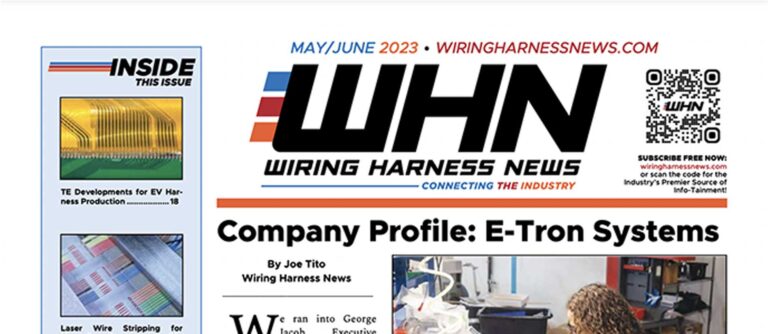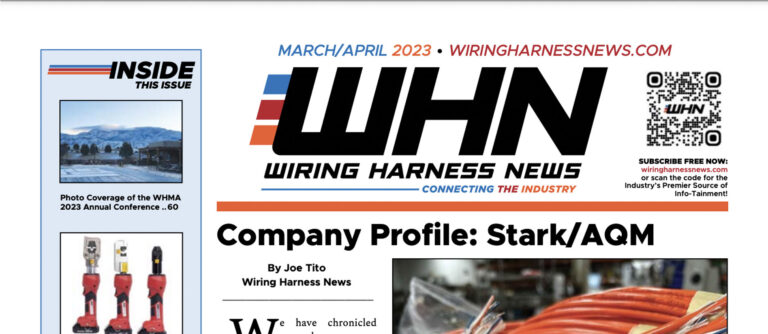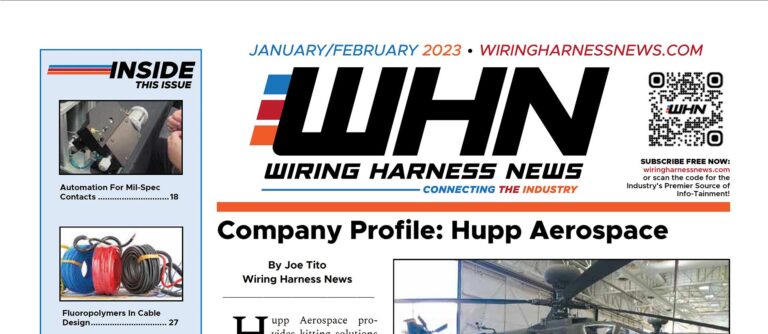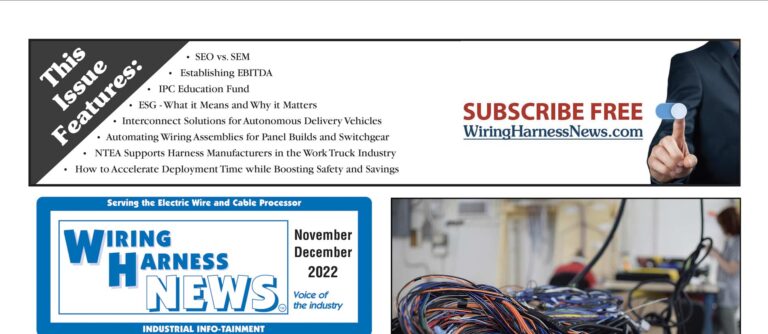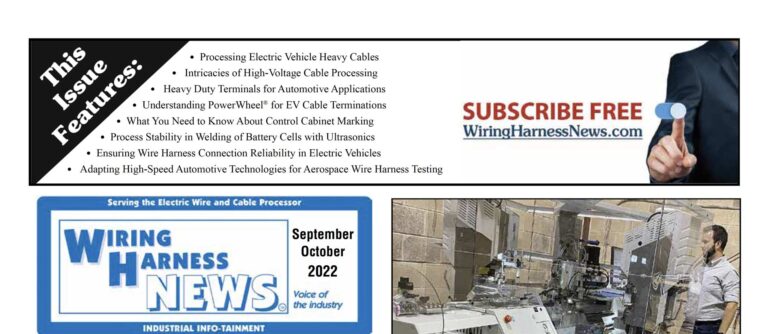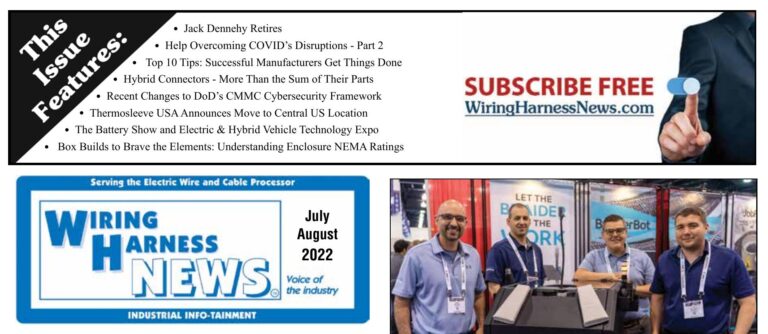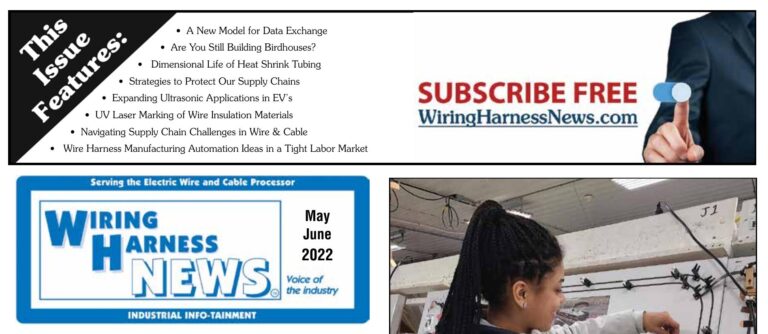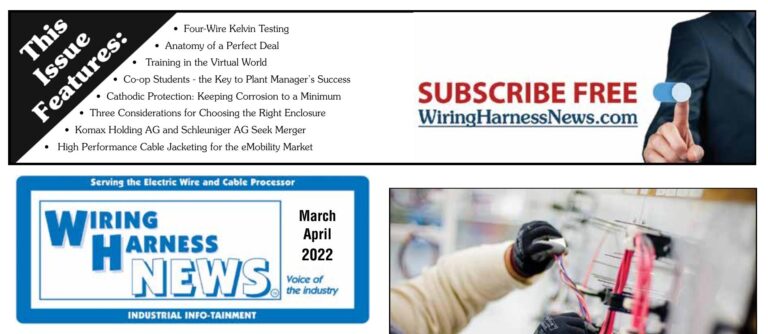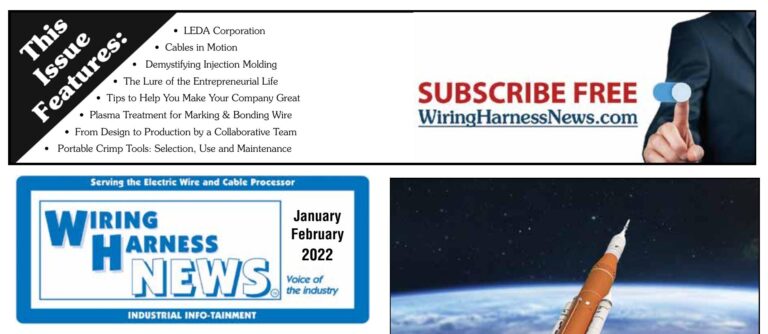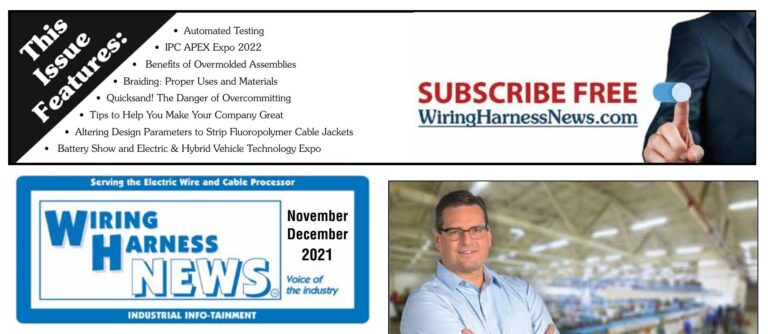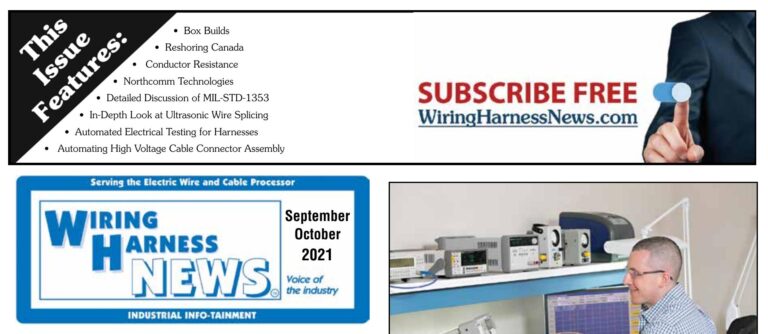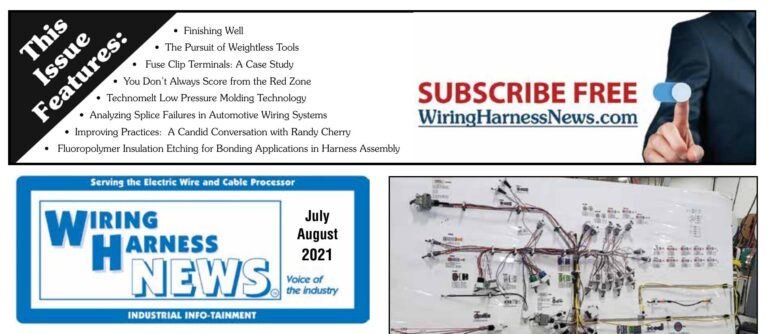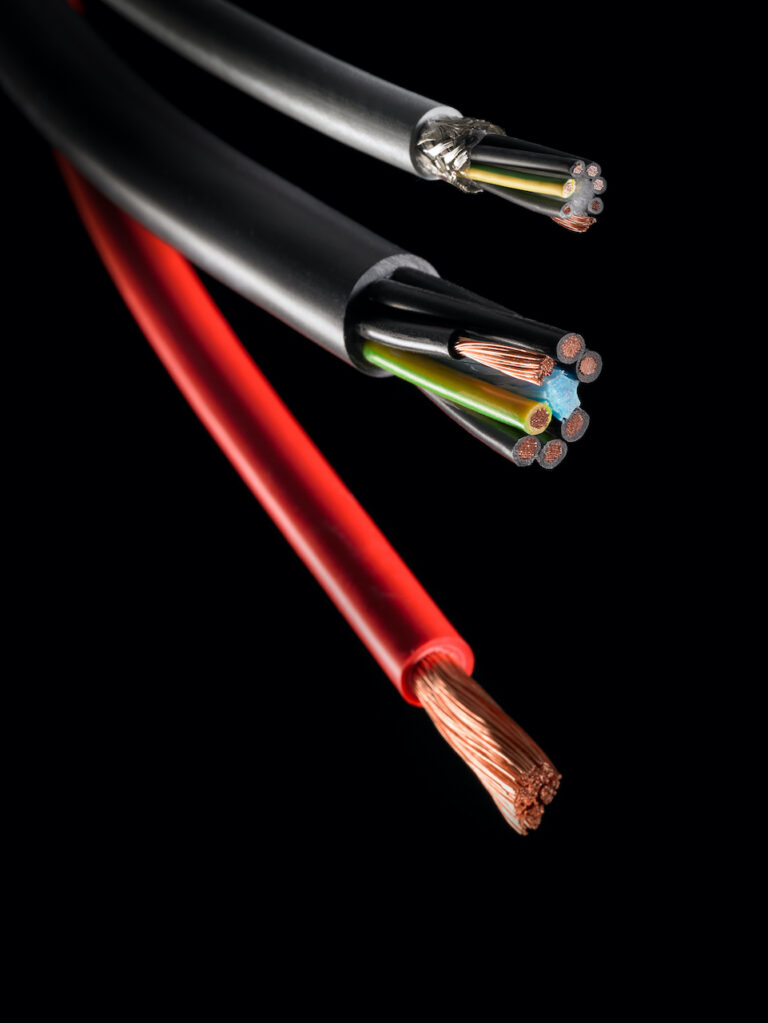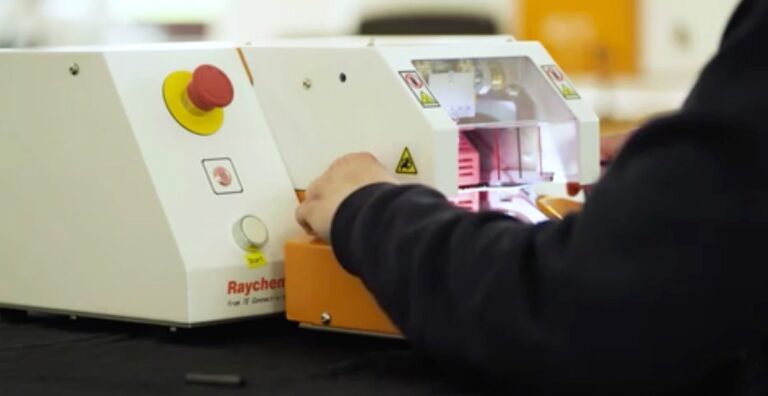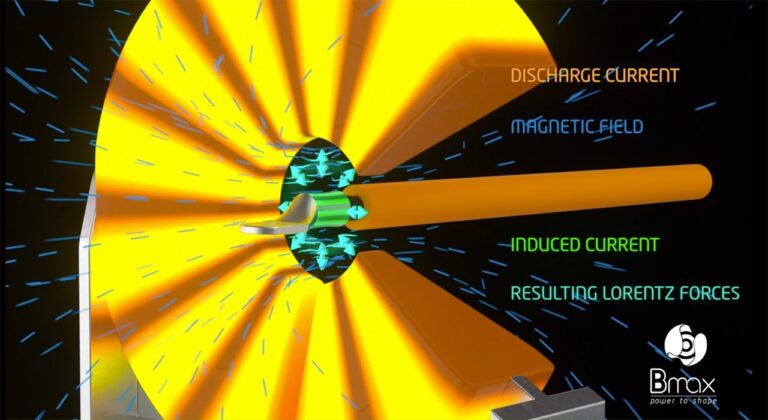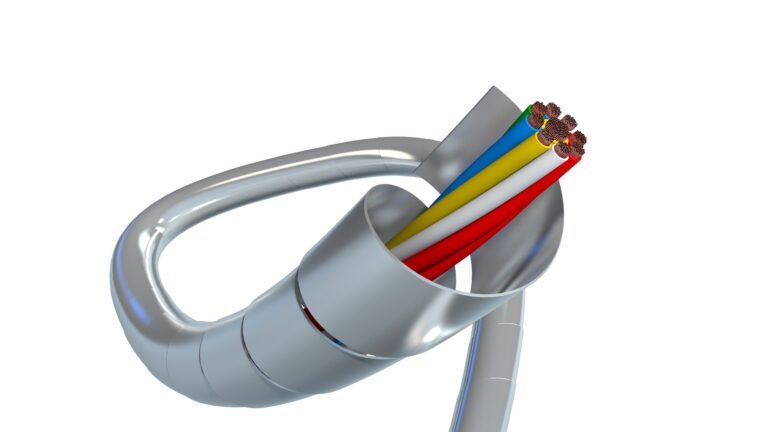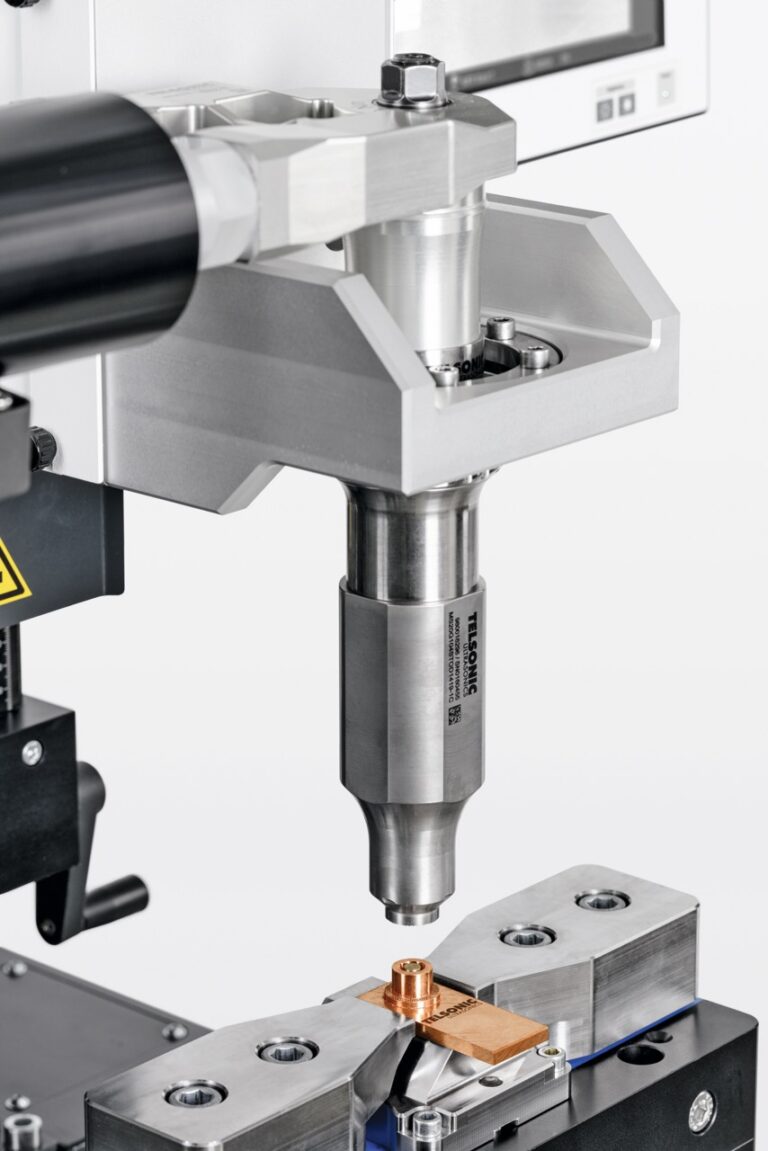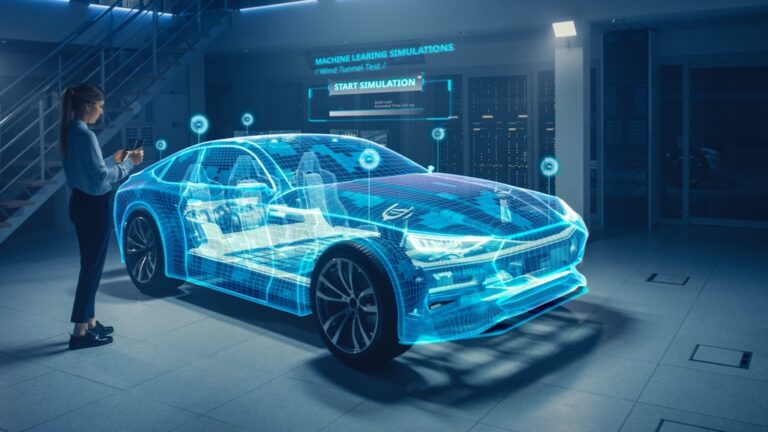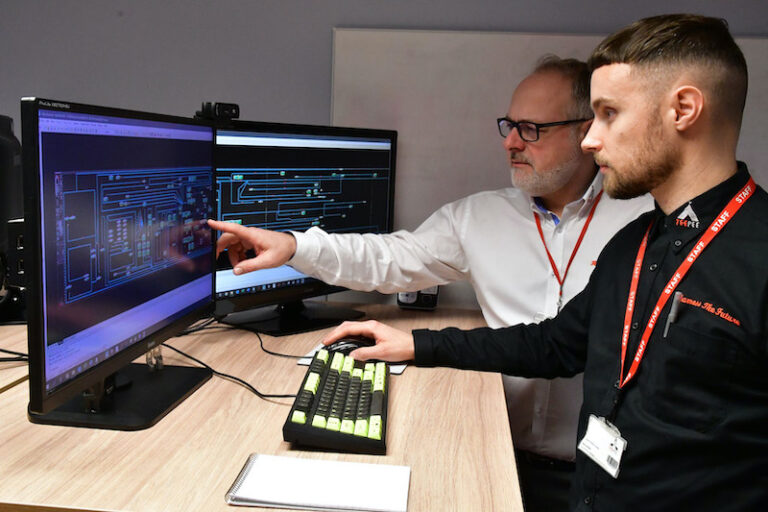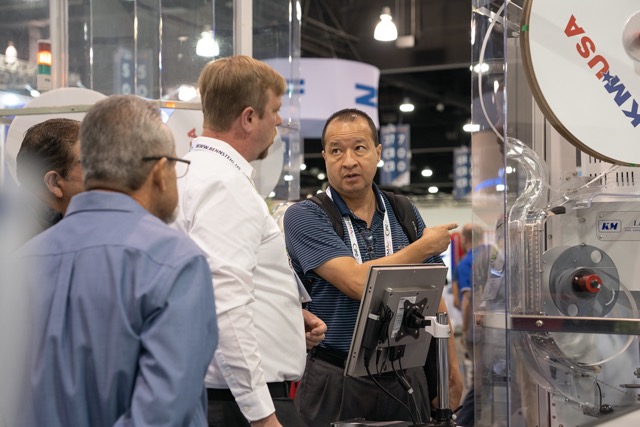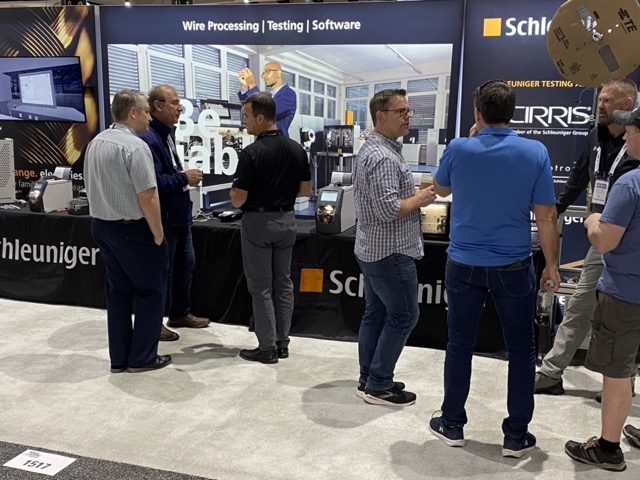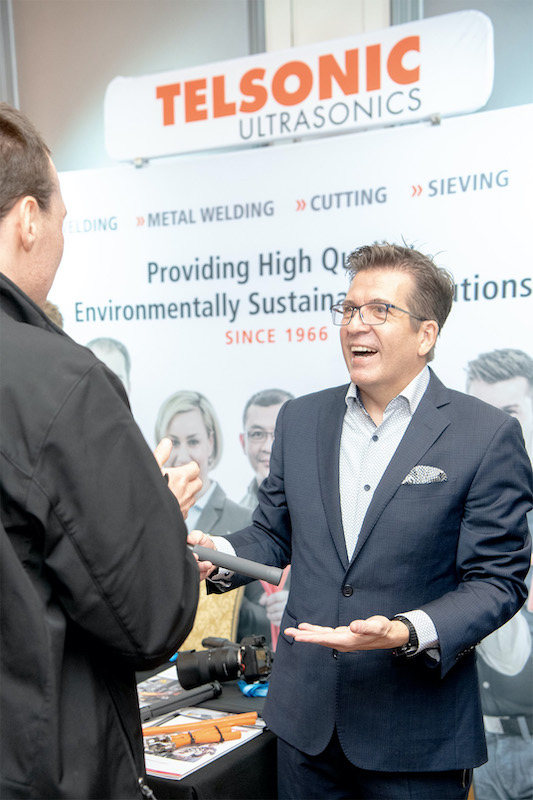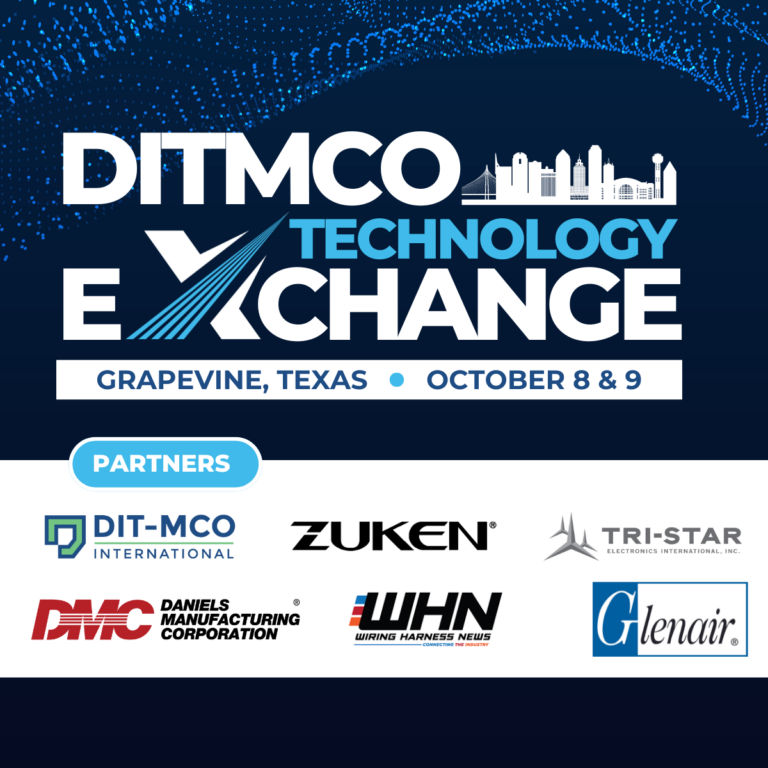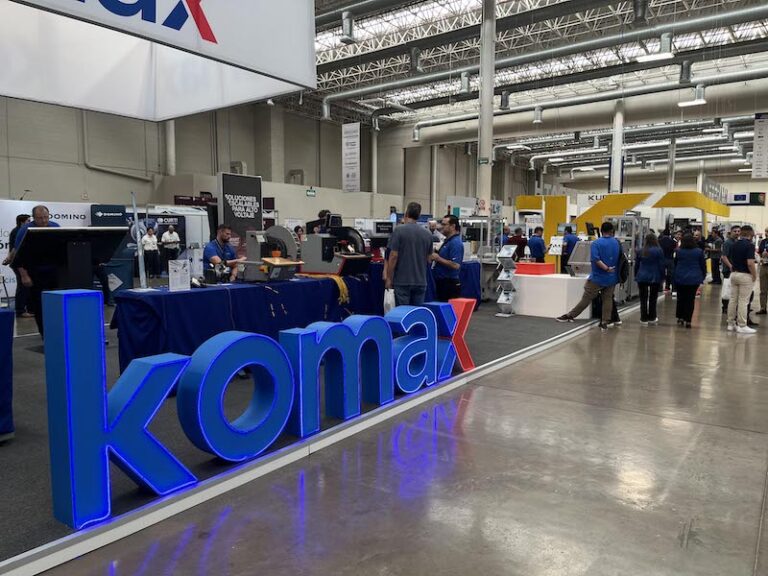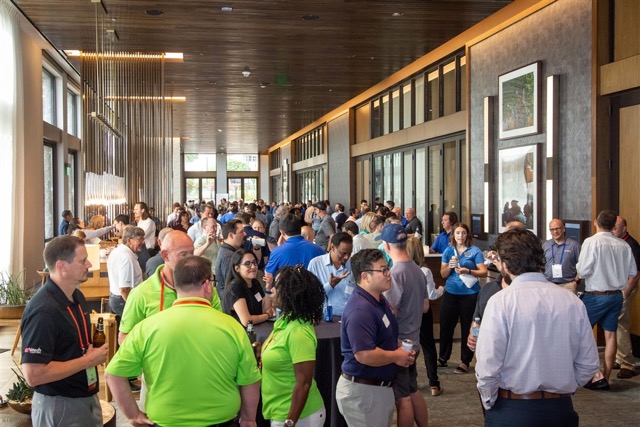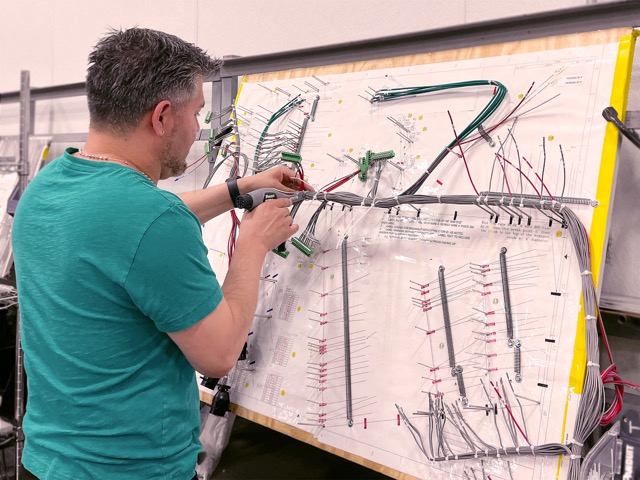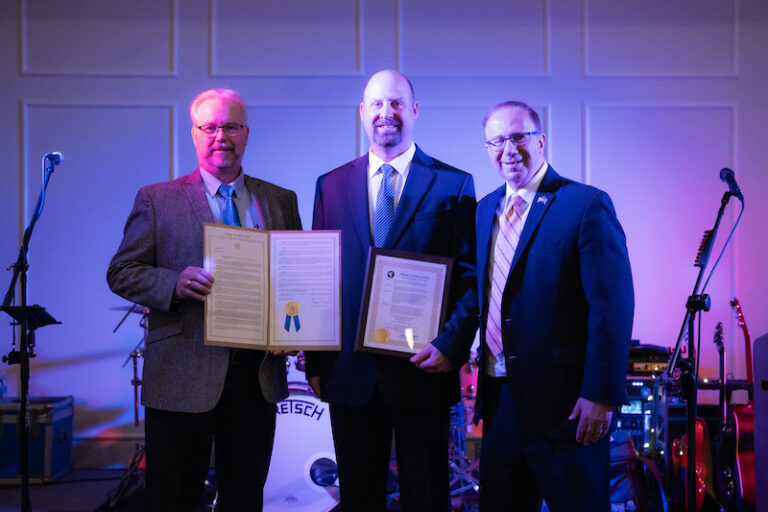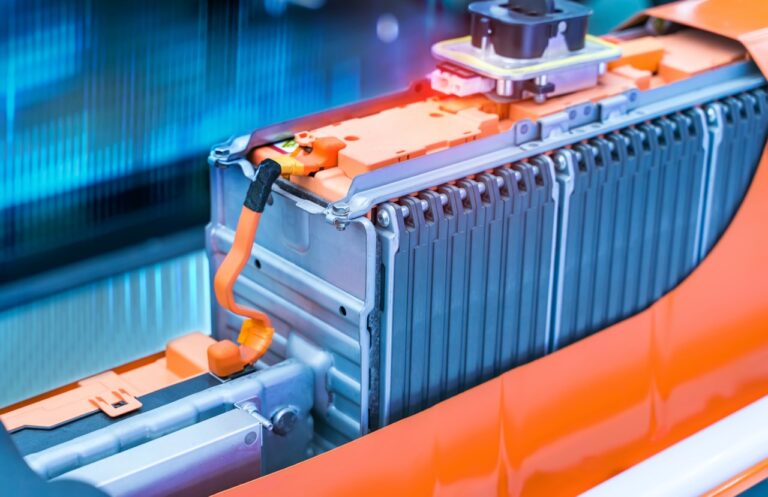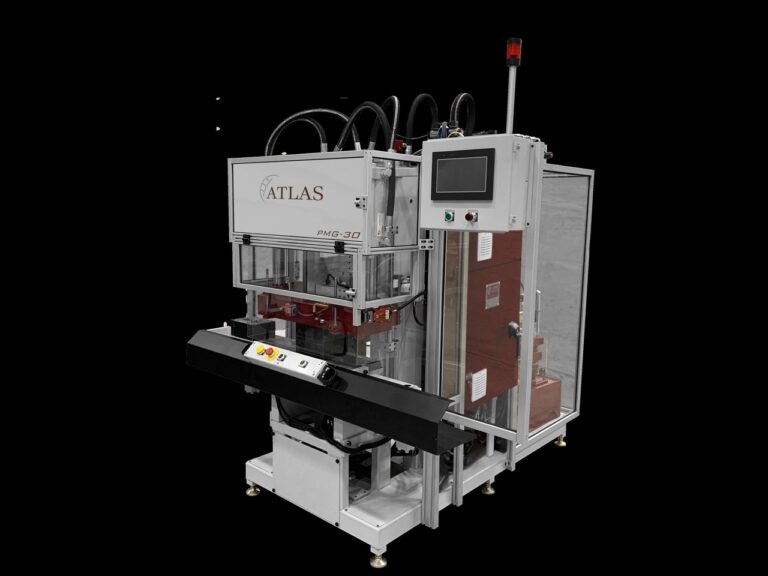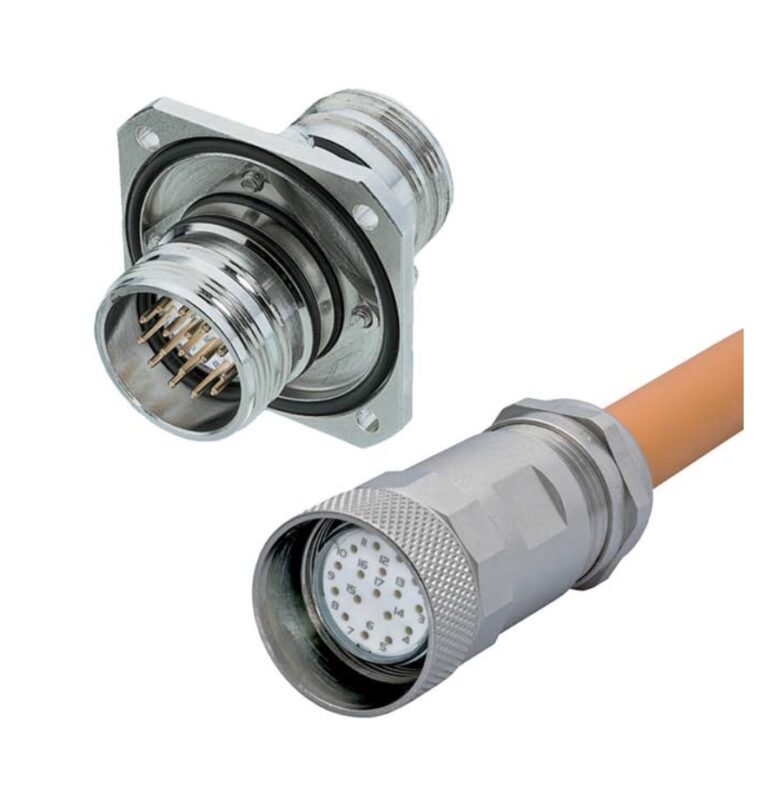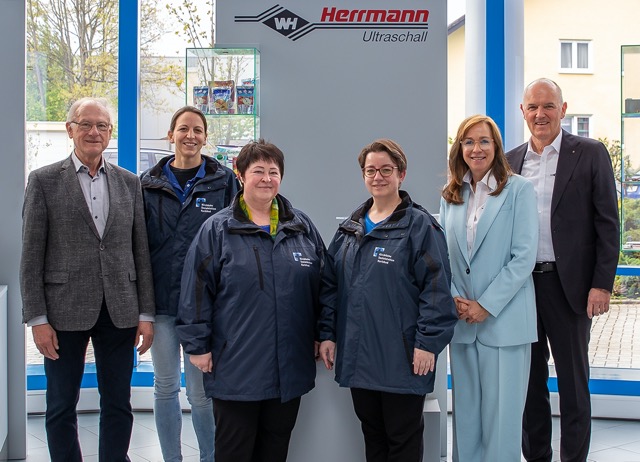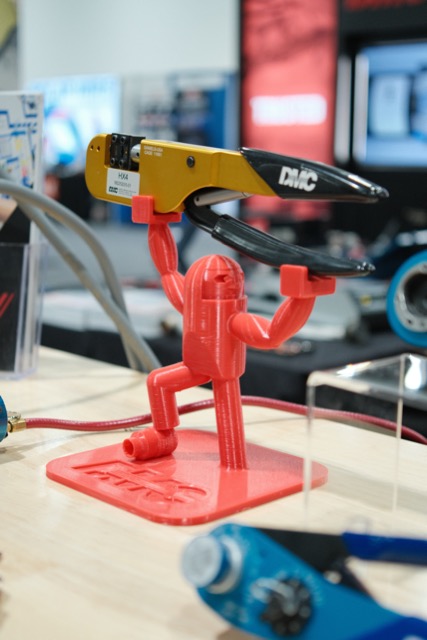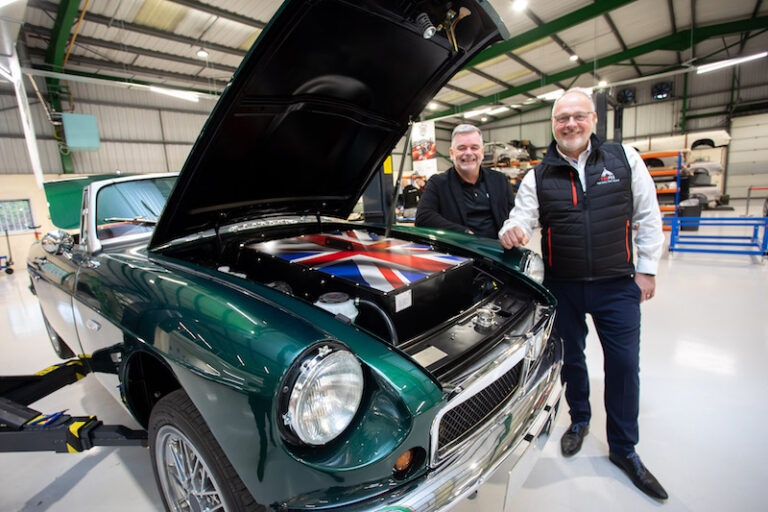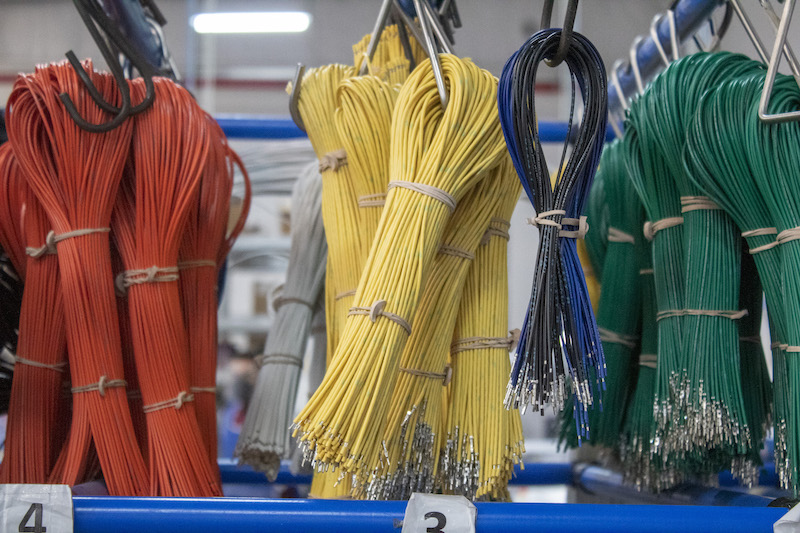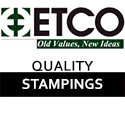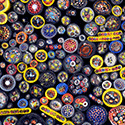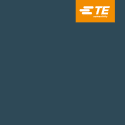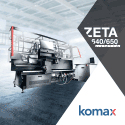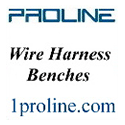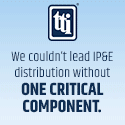The best part of compiling the Company Profile series is hearing the inspiring stories of hard work and sacrifice. The entrepreneurial spirit is alive and well in our industry and Advantage Components Inc. (ACI) of Joliet, Illinois is no exception. WHN was recently privileged to hear from, Kevin O’Sullivan, Co-owner, Jason Sanders, National Sales Manager, and Diana De Lucio, Marketing Coordinator at ACI to learn more about this accomplished harness manufacturer.
Kevin started the business 26 years ago with his business partner, Tim Kucera. “We worked together at another custom molded cable assembly company and decided we wanted to do something on our own,” he recalled. They were able to pick up an opportunity with some cables in support of an automation company that was doing a build-out for a distribution center. “It was enough seed business to get us started, so we both gave our notices and started at the end of 1997 in a 12’ x 12’ space with one assembly line.”
It was a gutsy move for the new partners to walk away from steady jobs. They were both in their early 30’s with young families. “We’d been with that company for several years. to venture out like that, with no parachute…well, we were really on our own,” Kevin remembered. Along with the cable assemblies, they were able to pick up a few lines of complimentary products to represent. That helped out with cash flow. “But that first year or so, we basically drained our savings accounts to get the company off the ground.” It was grass roots selling, account by account, trying to gain the confidence of their growing customer base.
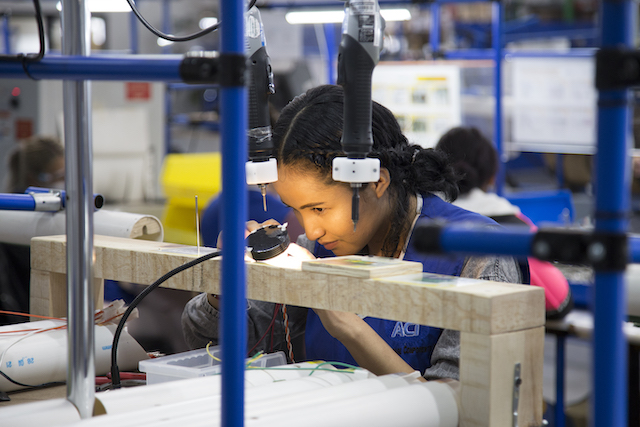
After a year or so, Kevin and Tim were able to bring on staff to help with the assembly work. That freed them to prospect for new business. They moved to a small business park just south of Plainfield, Illinois. “With a couple thousand sq. ft., we could fit more equipment. We started working with banks to establish credit lines, so we didn’t have to drain our own accounts.” Soon, they expanded to the space next door with 4,500 total sq. ft. of space. After about five years, they outgrew the available space at the business park and purchased the facility in Joliet.
Their initial orders were from small industrial accounts who were building automation platforms for distribution or document storage centers. “Then we picked up an automotive account. We were maybe fourth tier from the big guys, but that exploded overnight and really put us in a situation where we were heavily automotive,” Kevin said. It had quickly become almost 80% of their business and they realized they had to diversify. That’s when they hired a dedicated sales manager to bring in new accounts in diverse markets to buffer variations in the marketplace.
The strategy worked well through the years, and ACI added customers in various industries including, medical research and diagnostic equipment, industrial equipment like elevator panel retrofits, and commercial and residential HVAC. Having been familiar with the benefits of offering custom molded products from their previous employer, they added that capability early on. “We had enough experience to be able to talk intelligently about how a molded assembly, particularly in an outdoor application, might be a better solution than what the customer was using,” Kevin detailed. Jason noted that since many of their customers are in the construction industry, the components they connect tend to be exposed to harsh environments. “Those customers expect that their machinery is up and running on a constant basis, so they are always looking for added protection, and overmolding is often requested in that industry,” he informed.
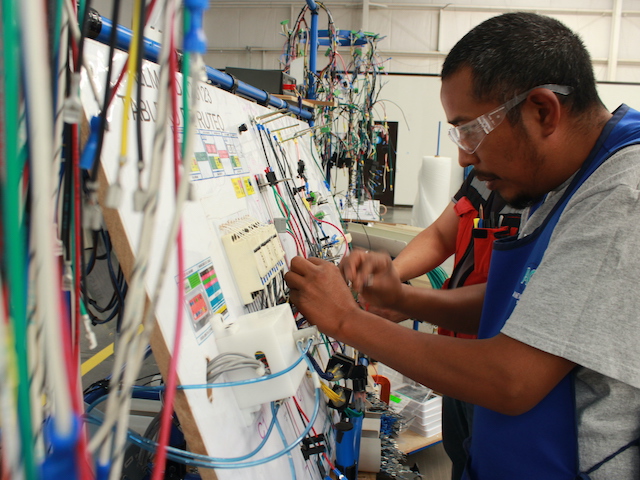
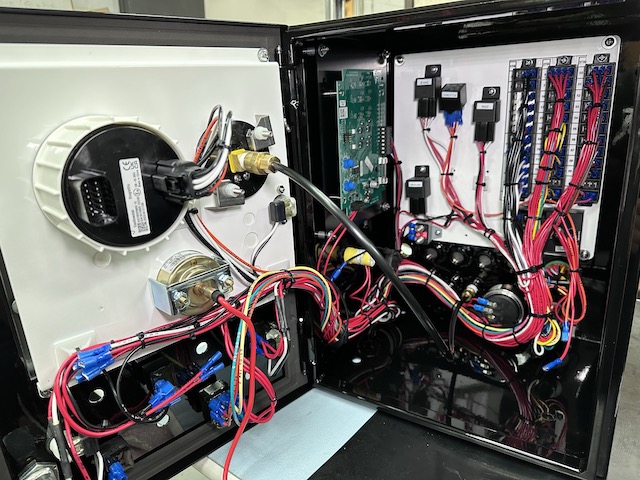
As with any business venture, ACI has experienced volatility. “There were several periods where the economy as a whole went south,” Kevin lamented. “We had an instance where two pretty good-sized accounts went bankrupt at the same time. That was pretty financially devastating, but we were able to get through it with diversification.”
Jason pivoted to a discussing ACI’s Mexico facility that came online in 2019. “The thing to keep in mind between both facilities is that they are basically a mirror image of each other in terms of capabilities. The biggest difference is that a lot of the overmolding applications take place here in Joliet. So, if overmolding is part of the process, we can still build it down in Mexico, but that final step will take place here.” ACI has so finely tuned the overmolding function in Joliet that the efficiencies more than compensate for the extra logistics.
Jason mentioned ACI is benefiting from reshoring and near-shoring of products currently made in China, especially at their Mexico facility. “I think customers are really starting to understand what’s happening with their products and lead-times. We have OEMs in Asia and the UK reaching out to us. Others may have a sister company here in the US. They’re trying to figure out ways to be competitive in the marketplace and that’s where we see a lot of programs migrate back to North America. They are seeing ACI as a competitive option, not only with our manufacturing assets in Mexico, but here in the US as well.”
Diana spoke of ACI’s commitment to automate throughout the years. “We always strive to have newer equipment and our wire processing machines have always been automated. You can only automate so much, but it helps with the fatigue factor for the folks assembling components all day. It also gives us a competitive advantage.”
Traditionally, ACIs customer base has been centered in the Midwest, but that’s changing. “We have customers reaching us from all over the place including many in the southeast region,” Jason related. It’s a familiar story in our industry—as buyers jump to different companies, they are taking ACI along with them. “We are working with one of those right now. We have a customer not far from our facility here in Illinois, and the buyer moved to a different company out of state. He has already reached out to us and we are getting the ball rolling there.”
Diana mentioned that a great deal of their business has come through word-of-mouth, in-house sales and rep groups. But she is working diligently to widen the funnel of inbound inquiries. “Right now, we’re trying to focus more on digital initiatives like email campaigns and a more robust website to address the changing demographics of our buyer base.”
Following another big trend in our industry, ACI has had to beef up their engineering capabilities in recent years. “We see more and more requests for engineering help,” Jason contended. “We have customers who have reached out to us on some initial concepts. We work with them to make sure they have the right components, that they are available and that the final assembly is going to fit their application. We try to provide them with as much information as possible with different solutions and lead them away from exotic components. But ultimately it falls on the customer to make sure it’s going to fit their needs.”
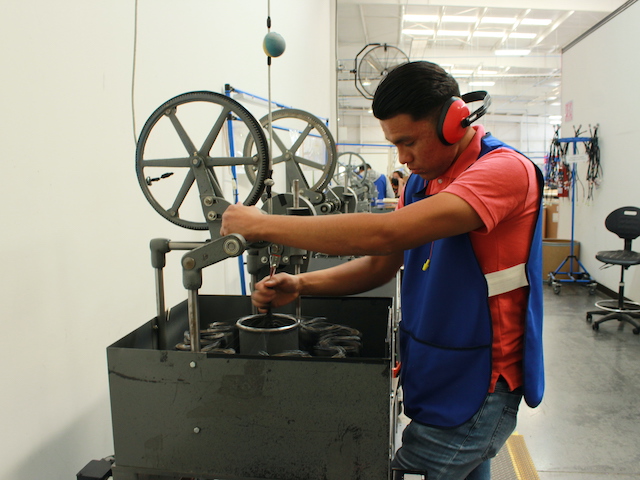
That mindset is all part of the “partnering” approach ACI takes with their customers, and Jason elaborated. “I think partnering is the best way to describe it. We want to make sure that every detail has been discussed before we put anything on paper for them. I like our customers to know that we have a very established team with a wealth of knowledge we are always willing to share with them. Even if somebody just has some questions about harness manufacturing in general, we can still have a conversation and give them advice on how to get to that next step.” Kevin added saying, “We are still small enough to be able to quickly respond with samples, especially with the custom molding side of our business. If they present us with a problem, we can come up with several different concepts that might solve it.”
Jason has experienced that many young engineers he encounters with new customers lack a lot of knowledge about the products they are developing. He feels there just hasn’t been any training from previous generations. “They are kind of scratching their heads and learning how to design harnesses.” Jason and his team fill the role of mentor and it goes a long way towards building a partnership.
ACI also does small box builds. “It’s interesting to me,” Jason qualified, “because my background has been in industrial controls. When I think of a panel build, I think of large two- and four-door cabinets. Panel builds for us are typically a 1’ x 1’ box or smaller. There are not a lot of components. But for our customers, it’s been an important value-add.”
As far as the overall company culture at ACI, Kevin mentioned he and Tim have always tried to cultivate an atmosphere of togetherness. “You’re not going to get the job done just barking orders. You have to rely on people’s creativity and problem-solving ability to reach your goals. And they have to know that you appreciate what they are doing enough to go to the wall for the company when we need it. We are really all in this together.”
Towards the end of the interview, Diana asked Kevin a great question. “Knowing what you know now, if you could go back in time, would you start ACI again, and what would you do different?” He answered saying, “I would definitely do it again, but I would get help earlier on the financial side. It’s quite a tough learning experience when starting a business. Tim and I both came from the sales side and we knew very little about the idiosyncrasies of running a small business from that standpoint. I would probably make sure I allocated enough resources in the beginning to build a team around me that could help out from a financial side, engineering side, etc.”
In discussing some of the challenges of growing a business, Kevin observed, “I suppose It’s complicated enough growing a small million-dollar business into a five- or eight-million-dollar business. But once you get to that level, that next step requires an exponential number of support people, of infrastructure and equipment. I think to get beyond the stage where we are now is a much more daunting task.”
Kevin concluded with some inspiring remarks about his experience. “I think when you start a small business like this, you have to completely put aside the fear of failure. You have to stay absolutely focused on the next piece of business—the next opportunity. You must stay incredibly positive because it’s trying at times, and it can be discouraging if you let it. Never look back at the failures but look forward to the next opportunity and stay positive.”

